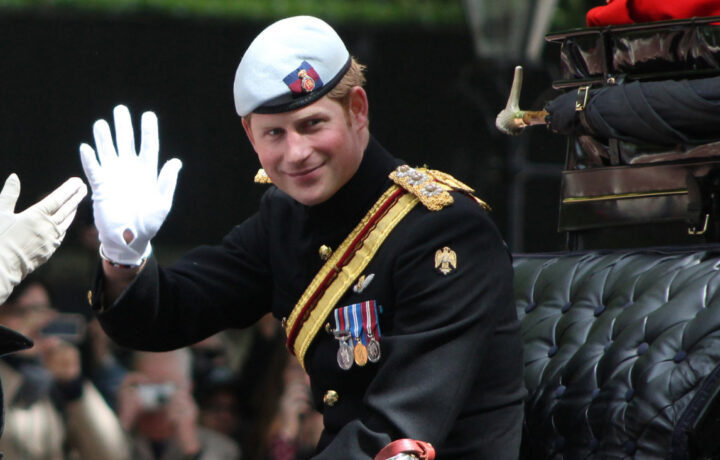When does decorum come into play when talking about military experience? Is it ‘ok’ to talking about the number of kills you had during combat tour? Most veterans perform their duty and never share this type of information, with anyone. Even if they do, it is usually only shared with absolute closest friends familiar with the event.
Prince Harry’s Memoir and its Impact on National Security
“Spare”, Prince Harry’s new personal memoir is causing a stir due to some of its content that was released to some media in a Spanish translation. The book reflects poorly on the royal family. However, “Spare” is described as a “landmark publication full of insight, revelation, self-examination, and hard-won wisdom about the eternal power of love over grief.”
In addition to disparaging remarks against the monarchy, Harry’s memoir allegedly claims that in 2012 and 2013, he killed 25 Taliban fighters in Afghanistan. The former British Army soldier and Apache helicopter copilot is now drawing anger and concern across UK military, especially with his former military brethren.
Harry states, “It’s not a number that fills me with satisfaction, but nor does it embarrass me,” He has further dehumanized his kill count by stating that the Taliban insurgents were “chess pieces” taken off the board, rather than humans. “When I was plunged into the heat and confusion of battle, I didn’t think about those as 25 people. You can’t kill people if you see them as people.” Adding, “They trained me to ‘other’ them and they trained me well.” Most combat veterans would never mention such things in public and his former colleagues are calling him out for lack of decorum.
Military Responds
A retired commanding officer, Colonel Tim Collins accused Prince Harry of “turning against” his military family after “having trashed his birth family”. Colonel Tim Collins said that was “not how you behave in the army; it’s not how we think” adding, “We don’t do notches on the rifle butt. We never did.” Colonel Collins added that he felt Harry has turned against his military family, having trashed his birth family all for riches that he does not need. Others, like retired British Army Colonel Phillip Ingram are more sympathetic, stating Prince Harry’s “self-destructive” behavior could be influenced by post-traumatic stress disorder (PTSD).
Even though some understand Harry’s remarks, he may have undermined his own personal security and potentially provoked revenge. It is conceivable that radicalized people will try to take retribution on the royal family. Perhaps more interesting is Harry’s residence in the U.S. – the impact of increased security on the state of California following his unwise comments.
Terrorists Also Have Thoughts
With regard to U.S. cleared military personnel, once the words are written down, published or publicly spoken, they are out there forever. In the words of 19th century American Lebanese writer Kahlil Gibran, “If you reveal your secrets to the wind, you should not blame the wind for revealing them to the trees.”
Putting out potentially harmful information is always a bad idea. However, with terrorist and potential insurgents residing around the world, statements made – even privately in a public place – can become not only a national security risk, but can also increase personal risk. Careless statements will always reflect poorly on the military and the country.
After Harry’s book and statements were publicized, Anas Haqqani, a family member of terrorist regime currently in Afghanistan tweeted, “The ones you killed were not chess pieces, they were humans; they had families who were waiting for their return.”
The former Royal Marine, Ben McBean lost an arm and a leg in Afghanistan, who Prince Harry describes as a hero after meeting him at several events, tweeted, “Love you #PrinceHarry but you need to shut up! Makes you wonder the people he’s hanging around with. If it was good people somebody by now would have told him to stop.”




